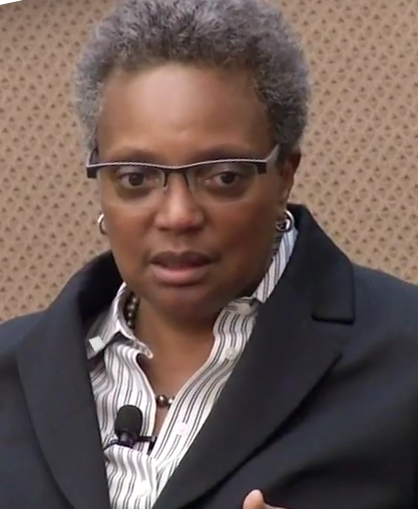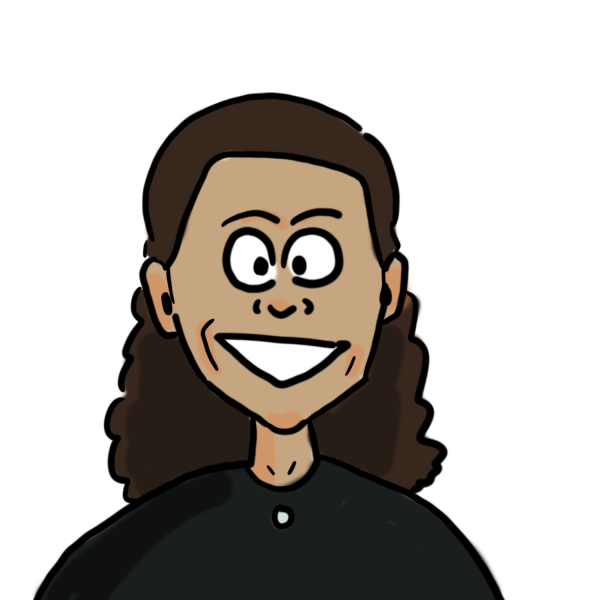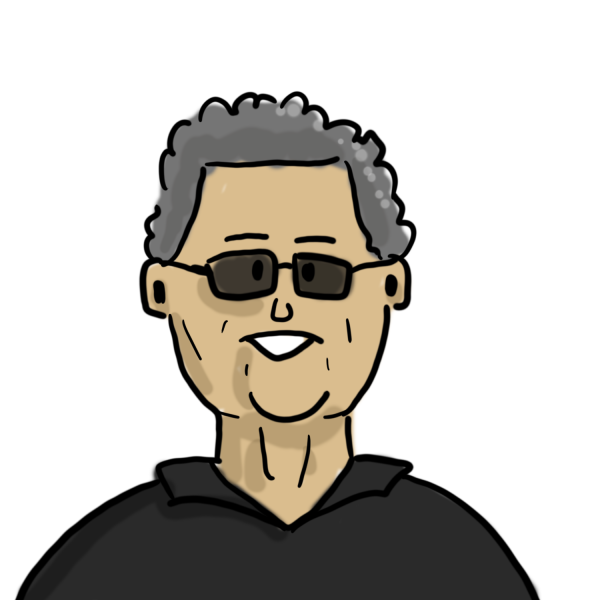Lightfoot makes history
April 8, 2019
In a historic runoff held April 2, Lori Lightfoot beat out Toni Preckwinkle to become Chicago’s next mayor.
Lightfoot hauled in 73.7 percent of the vote, with Preckwinkle gaining just 26.3 percent in what can only be called a landslide win for the Lightfoot campaign. Along with total percentage, Lightfoot won every single ward.
While either Lightfoot or Preckwinkle would have been Chicago’s first African American female mayor, Lightfoot will also be the Windy City’s first openly gay mayor.
The runoff only came to be after an overfilled first round election put Lightfoot and Preckwinkle as the two frontrunners out of over a dozen candidates, with 17 and 16 percent, respectively.
Lightfoot, a career reformist, ran a grassroots campaign based on change and fighting against the political machine. Her opponent’s lifetime career of Chicago and Cook County politics worked perfectly into Lightfoot’s strategy, and arguably helped her win the election.
“Lori is a smart compassionate person who listens to people and is eager to find solutions to problems,” Kathy Baker, a law professor and friend of Lightfoot, said.
Having beaten expectations by an enormous margin in the first round, Lightfoot’s win was actually somewhat predictable, with early polling placing her far in the lead. At the same time, Preckwinkle’s ratings, even within her own ward, had begun to plummet within the last few months.
The numbers by precinct were the most showing of Lightfoot’s dominance, as she won almost every one, with Preckwinkle only winning parts of her former ward in the 4th, as well as some of the 5th.
Lightfoot, in an interview with the Chicago Tribune, has already laid out several policy focuses for her upcoming term. This includes the limiting of alderman veto rights, which are the focal point for an ongoing federal investigation into Alderman Ed Burke.
Having served on a number of reform boards in both government and the private sector, Lightfoot will almost certainly continue to work on problems with the Chicago Police Department and other major factions of the city government.
For the next four years, we can only assume the mayoral office will push out the same brand of outsider reform that Lightfoot has been working for her whole life.


















